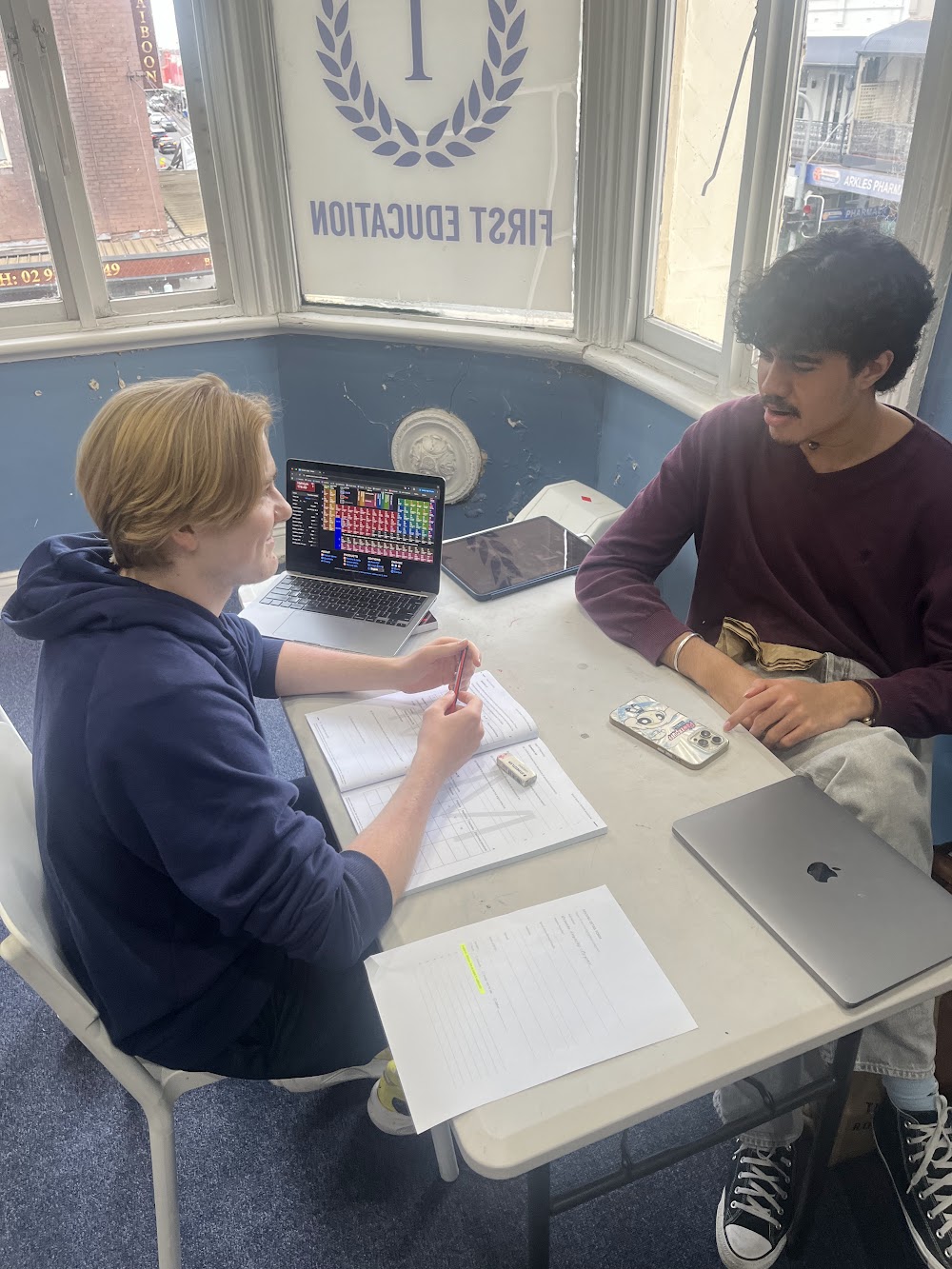
Reading comprehension sits at the heart of all meaningful learning. It is more than simply decoding words on a page; it is the process of understanding, analysing, and connecting ideas. Whether a student is interpreting a Shakespearean soliloquy, reading a scientific article, or following written instructions in a maths problem, comprehension is what turns words into knowledge. As a tutor, I’ve come to see that developing this skill is not just about literacy—it’s about thinking.
When students struggle with comprehension, it often isn’t because they can’t read the words, but because they haven’t learned how to read actively. They might skim for answers or focus on isolated details without recognising the author’s purpose, tone, or argument. Encouraging students to slow down, annotate, and ask questions transforms reading into a dialogue rather than a passive act. One strategy I’ve found effective is “reciprocal teaching,” where students take turns summarising, questioning, and clarifying sections of a text. It shifts them from consumers of information to interpreters of meaning.
Strong comprehension skills also empower students beyond the classroom. In a world saturated with information, being able to discern bias, evaluate sources, and draw inferences is crucial for informed decision-making. Reading critically nurtures empathy and cultural awareness too—each text offers a new perspective or experience to inhabit.
Ultimately, reading comprehension underpins academic success across every subject. It enhances vocabulary, writing, and oral communication, forming the foundation for higher-order thinking. As tutors, our goal should be to cultivate not only fluent readers but thoughtful readers—students who engage with texts curiously and critically. When students begin to read with understanding rather than obligation, they discover that reading is not a chore but a tool for empowerment. Helping them reach that point is one of the most rewarding aspects of tutoring.
Holly Dawson

